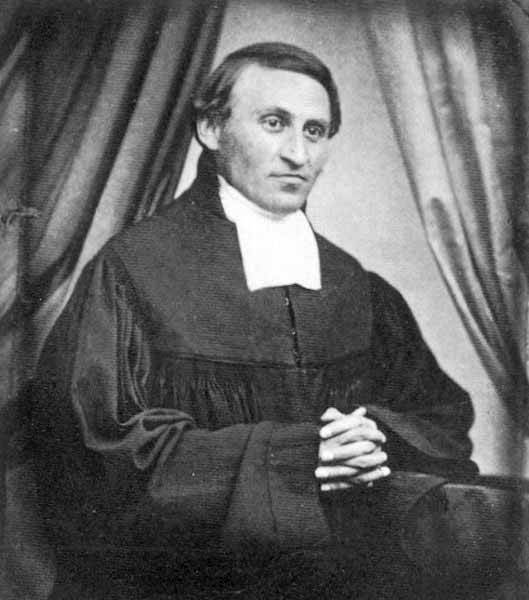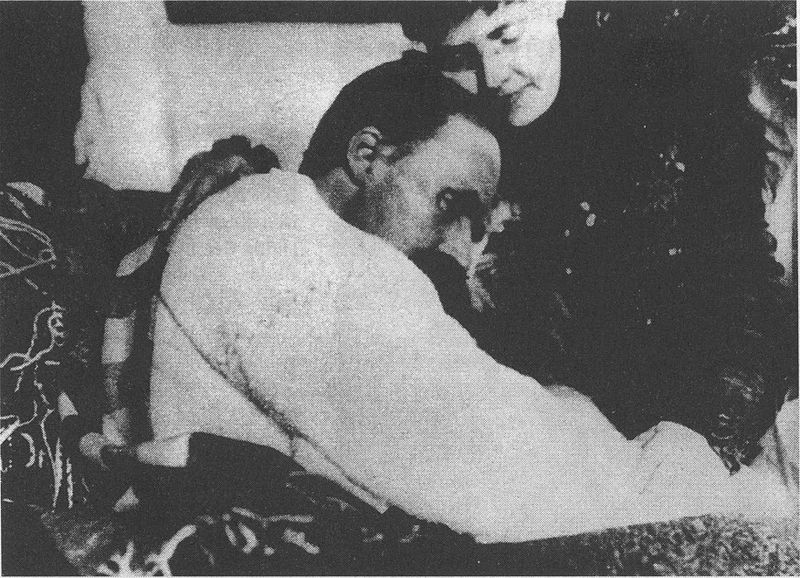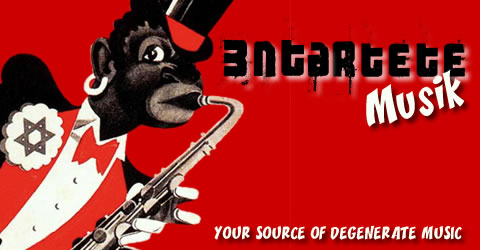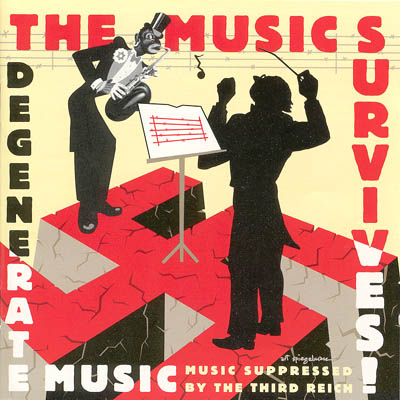In the third season of Downton Abbey, when Matthew experiences a visual shock while entering a jazz club in London trying to rescue Rose dating a married man, Matthew proclaims aloud that the club is “Dante’s outer circle.”
(In the above photo inside Highclere Castle this spoiled girl, Rose, appears with a pink dress.) Downton Abbey is the only recent TV series that I might recommend. Even the kissing of Rose with a Negro in the next season is depicted as a silly revenge of Rose against her abusive mother. But there’s no obvious cultural or racial treason in the episodes I’ve watched as to date. (I’ve only missed the last one, the 2013 Christmas special of the fourth season).
These sort of post-war London clubs that shocked Matthew were in operation a hundred years ago. Music is infinitely worse now. Since the self-destructive defense mechanisms of abused adolescents are my specialty I’d claim that the rock classics you may listen today—for example “Tie Your Mother Down” by the group Queen that I used to like when I was the victim of an engulfing mother—are precisely silly defense mechanisms.
Now that I wrote a book confessing how I was abused as a teen I realize that a mature man may develop non-degenerate defense mechanisms to cope with past memories.
Alas, this is not the case of the overwhelming majority of white nationalists. All of them seem to fail to comprehend that it is impossible to revert back to the healthy sexual mores depicted in Downton Abbey if at the same time they don’t reject the music of Queen and the myriads of other rock groups.
In his blog’s entry of the first day of the new year, Iranian for Aryans reposted what musician Roger had said recently:
I’ve just finished reading this interview with the late Cardinal Domenico Bartolucci, former musical director of the Sistine Chapel, and I thought you might be interested by some of his comments. He is speaking primarily about liturgical music, but he also discusses about the general condition of music in this rotten century:
“[My father] was a workman at a brick factory in Borgo San Lorenzo, in the province of Florence. He loved to sing in church. And he loved the romance of Verdi and Donizetti. But at that time, everybody sang: the farmers while they were dressing the vines, the shoemakers while they were working a sole. There were bands in the piazza, during the holidays music directors came from Florence, and the area theatre had two opera seasons each year. It’s all gone now.”
Simple Italian factory workers used to love the music of Verdi and Donizetti? I wonder how this fits with the black metal apologists’ belief that classical music was historically something for a tiny bourgeois clique, and that most normal people were only familiar with folk songs.
I can remember them trying to make these arguments in the comment threads of Counter-Currents, Alternative Right and the Occidental Observer. There is no excuse these people will not use if it will enable them to continue listening to their beloved modern music. Were they serious, they would spend a moment considering why old reactionaries, who grew up before rock music became ubiquitous, are so repulsed by distorted guitars and screeching. (Modern man knows better, of course.)
When asked if the old musical traditions are disappearing, the cardinal said, “it stands to reason: if there is not the continuity that keeps them alive, they are destined to oblivion.”
I think that sums it up in a nutshell. One of my goals in 2014 is to acquire a tenor viol and start learning music by the English consort composers (as well as continental composers from the same time period). Whether it will be possible to find other violists to form a consort is another problem, but keeping the music alive with one’s own hands is a good starting point. It is undoubtedly the case that music cannot survive as a collection of digital audio files. That will turn it into a mere museum piece. If that happens, it will be sad but just. A civilised nation cannot choose to embrace African voodoo devilry at the expense of its own culture and expect to continue living with dignity.
Yup… Precisely because my mother is a piano teacher I rebelled against my family’s traditions and, like Downton Abbey’s Rose, never learnt how to play it. But now that I fully processed my pain thru a thick book I realize that my adolescent infatuation with Queen was just silly. I no longer listen rock. In fact, I just started learning piano at my relative old age!
By the way, in a most recent personal communication, Iranian commented on Roger’s above sentence: “There is no excuse these people [white nationalists] will not use if it will enable them to continue listening to their beloved modern music”:
How correct Roger is! What we have here is a degenerated breed of WNs / “traditionalists” who, basically, have no musical taste, are divorced from their superior heritage, and desire a world where bad music and pornography reign sans Jew.
Recently at Facebook, a Counter-Currents sodomite responded to Iranian that a Persian ought not dare teach him what his western cultural roots are.
Can’t he? I am not an American either but, to my present ears, years after I processed my adolescent pain, the “music” promoted by Counter-Currents and other nationalist sites is becoming like Dante’s outer circle certainly…
Postscript of January 11: Alternative Right is gone now, but Richard Spencer has opened a new site promoting exactly the same “black metal” degeneracy.








